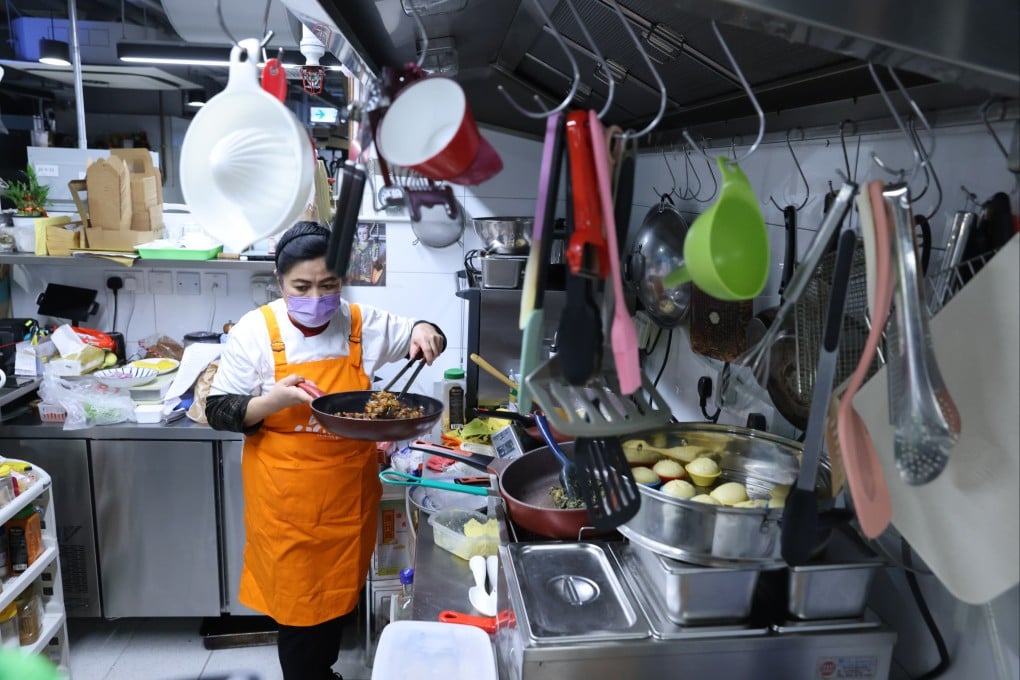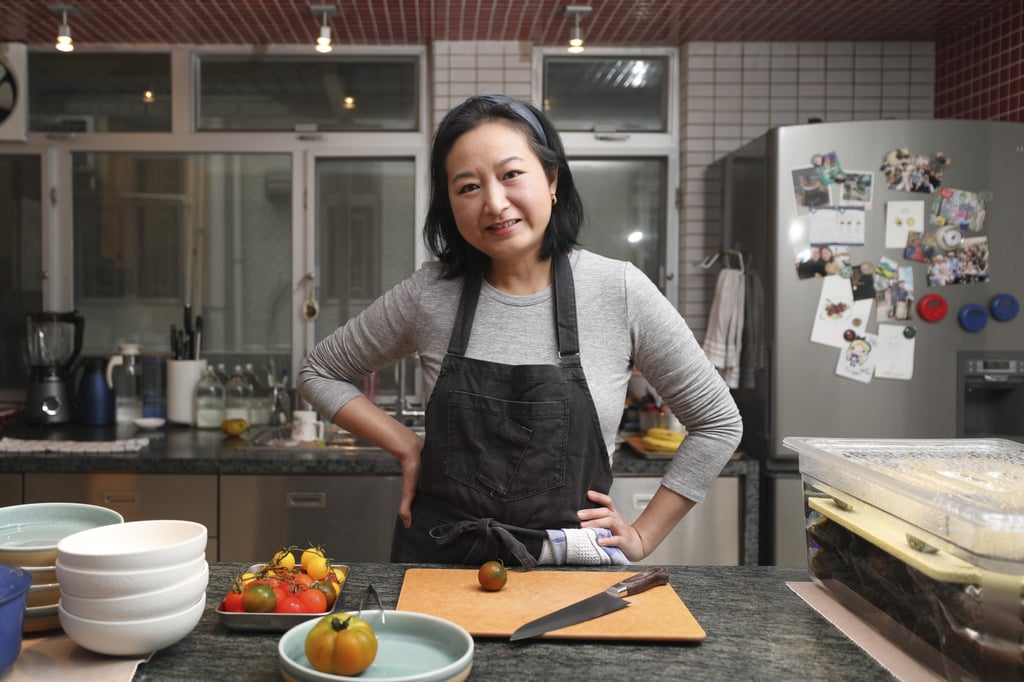Cloud kitchens open in Hong Kong as home cooks launch food delivery businesses amid the pandemic but lack space to expand
- Amateur chefs in Hong Kong who launched food delivery services from their homes found they needed professional kitchens to scale up and meet demand
- They turned to cloud kitchens – shared spaces for food preparation still relatively new to Hong Kong. Some provide not just equipment but business services too

Ordering in food has never been more tempting. The coronavirus pandemic and ban on dining in restaurants after 6pm (until April 20) have encouraged a flurry of Hong Kong micro-food entrepreneurs to jump on the meal delivery bandwagon.
Some are cooking because their regular employment dried up; others see it as an opportunity to ride a growing wave. They all face the same hurdle: scaling up from amateur hobbyist to running a professional business.
Former beauty industry executive Yvonne Chu had been indulging her culinary passion since 2017, using her Tai Hang home as a private kitchen. But in 2020, as social preferences changed from gathering to distancing, Chu tried offering food packs with individual servings to her clients instead of hosting whole meals.
“I couldn’t do private dinners so I tried food packs under the label Gourmet At Home,” says Chu, whose private kitchen is called Y’s Kitchen. “Right now, it is all just for friends or referrals. It’s kept me very busy. I’m still freelance and not licensed yet.

A versatile cook, Chu can wrap duck in lotus leaf or prepare it confit-style. She makes elegant desserts and cleverly uses a can of black bean dace fish for a fusion Caesar salad.